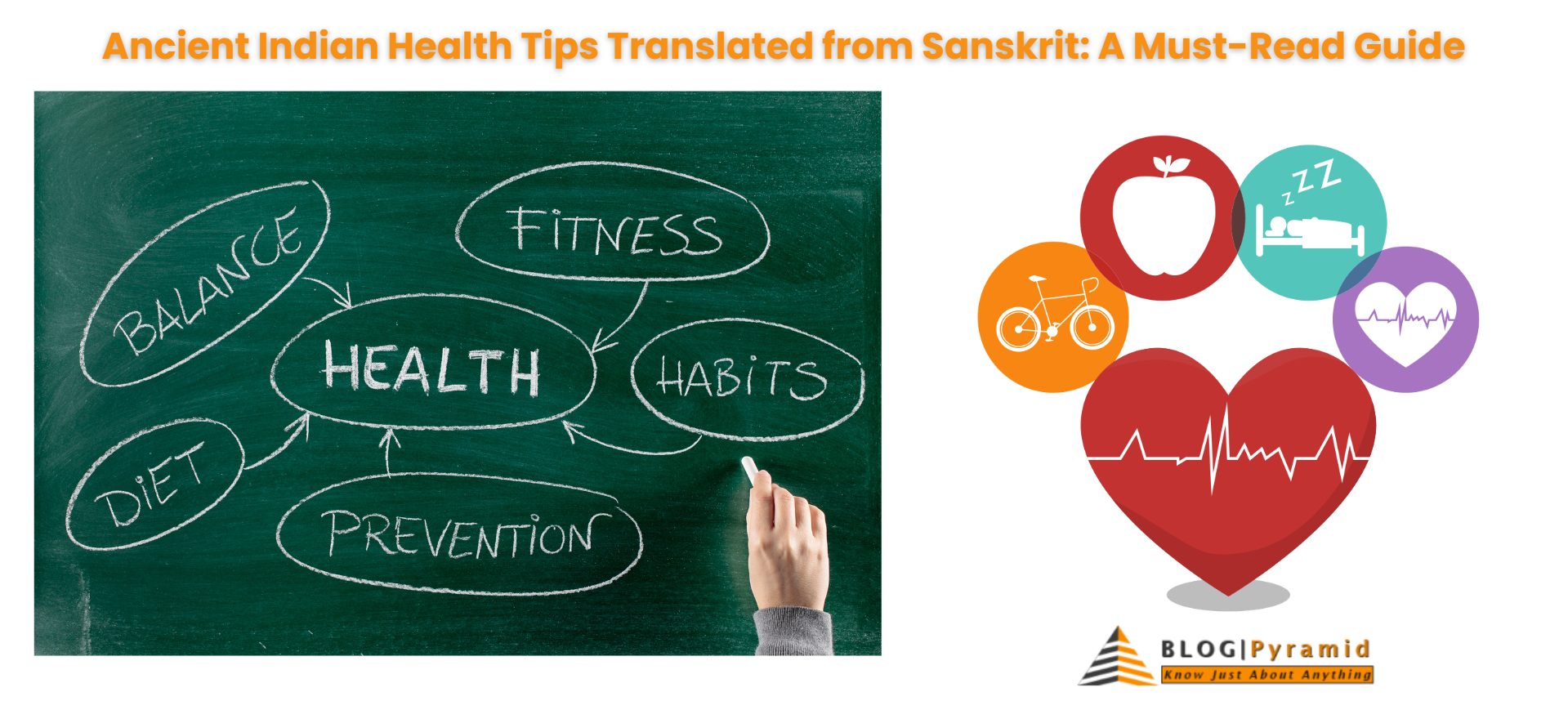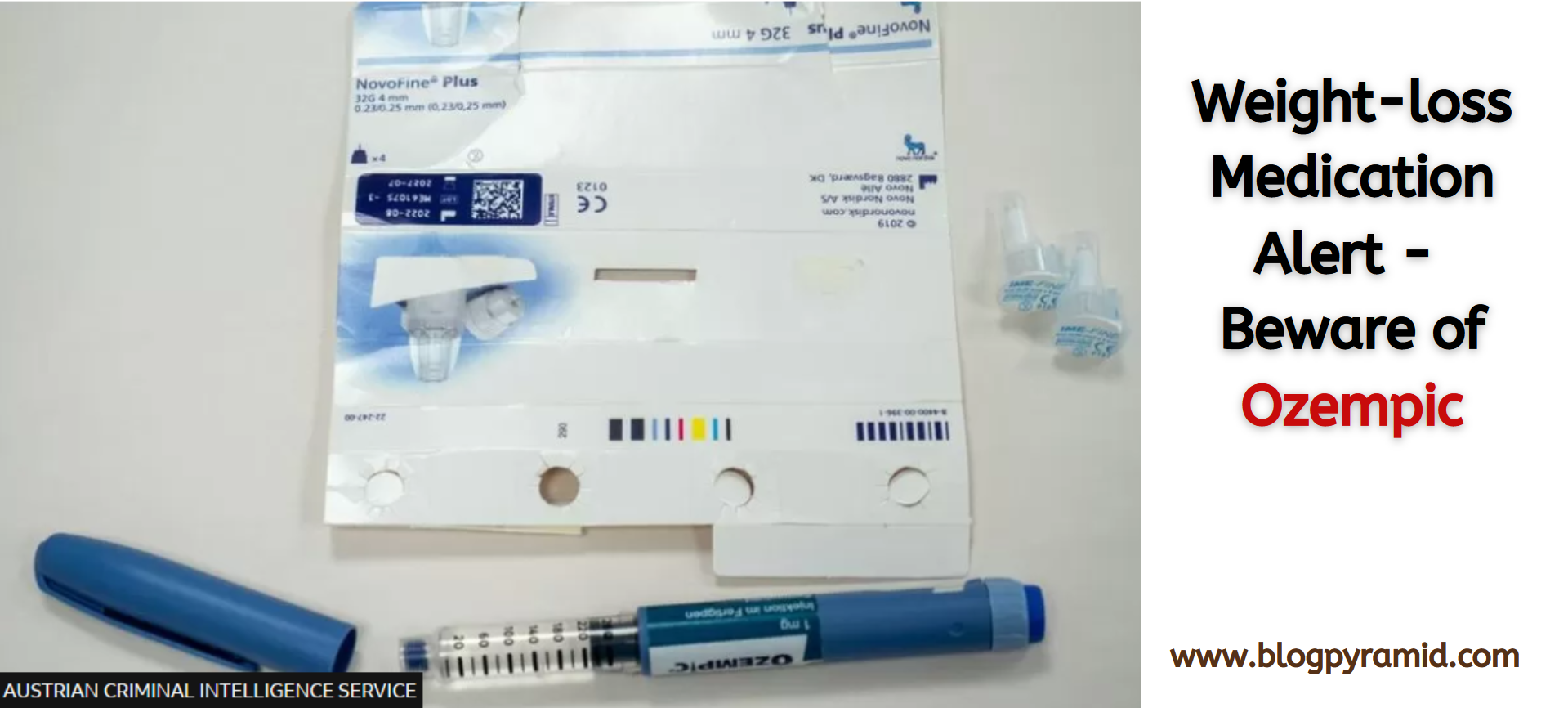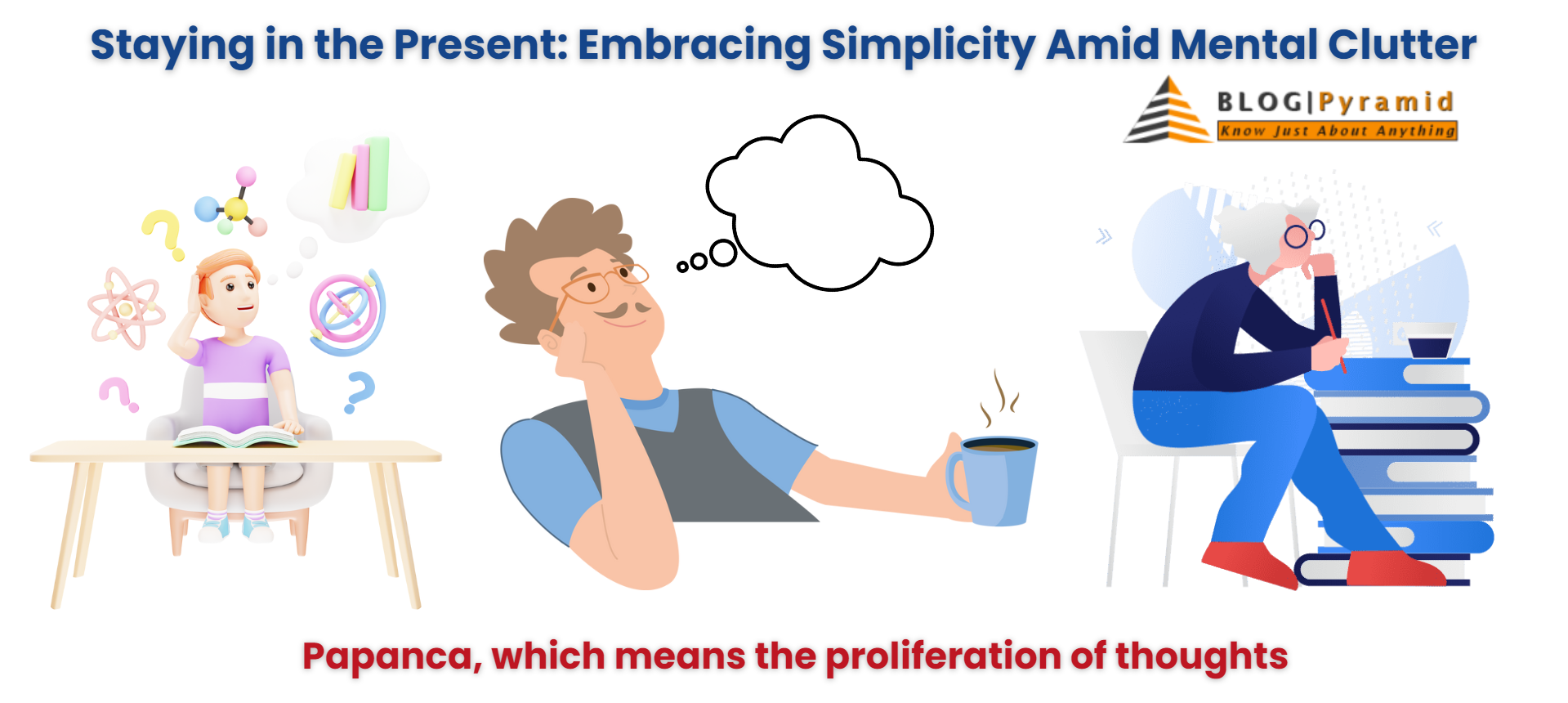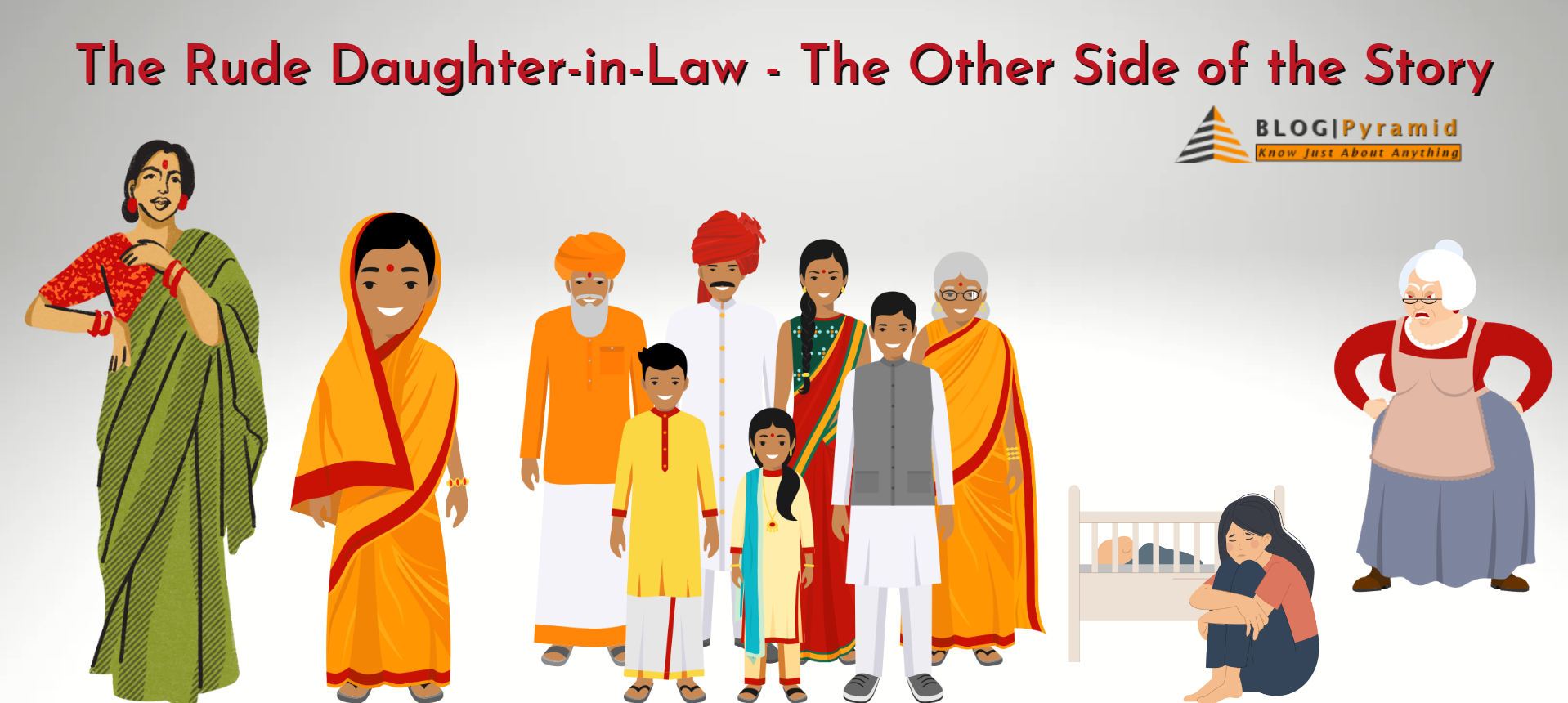Breastfeeding is feeding an infant or young child with breast milk directly from human breasts and not from a baby bottle or other container. Babies have a sucking reflex that enables them to suck and swallow milk. Most mothers can nourish their infant (or infants in the case of twins and multiple births) by breastfeeding for the first six months or more, without the supplement of infant formula milk or solid food.
Human breast milk is the best source of nourishment for human infants, with few exceptions, such as when the mother is taking certain drugs or is infected with tuberculosis or HIV. Breastfeeding aids in preventing disease, promoting health and reducing health care and feeding costs. Experts disagree about how long to breastfeed to gain the greatest benefit, and about the risks of using artificial formulas. In both developing and developed countries, artificial feeding is associated with more deaths from diarrhea in infants.
The World Health Organization (WHO) recommends exclusive breastfeeding for the first six months of life and then breastfeeding up to two years or more. The American Academy of Pediatrics (AAP) recommends exclusive breastfeeding for the first six months of the infant’s life and at least one year of breastfeeding in total. Exclusive breastfeeding for the first six months of life “provides continuing protection against diarrhea and respiratory tract infection” that is more common in babies fed formula.
Most health care and public health service centers stress the value of breastfeeding for mothers and children. While recognizing the superiority of breastfeeding, regulating authorities work to make artificial feeding safer when it is used.
Benefits for the Infant
During breastfeeding nutrients and antibodies pass to the babyand the maternal bond can also be strengthened. Health Care Research Centers have demonstrated a variety of benefits to breastfeeding an infant. These include:
Superior nutrition
Breast milk contains the ideal ratio of the amino acids and other proteins required to support development of the central and peripheral nervous system. Children aged seven and eight years old who were of low birth weight who were breastfed for more than eight months demonstrated significantly higher intelligence quotient scores than comparable children breastfed for less time, suggesting breastfeeding offers long-term cognitive benefits in some populations.
Greater immune health
Breast milk include several anti-infective factors such as bile salt stimulated lipase (protecting against amoebic infections), lactoferrin (which binds to iron and inhibits the growth of intestinal bacteria) and immunoglobulin A protecting against microorganisms..
Higher intelligence
Babies with a specific variant of the FADS2 gene (approximately 90% of all babies) demonstrate an IQ an average of 7 points higher if breastfed.
Long term health effects
Health Care Research Centers and various other public health care department studies show breastfeeding to have lowered the risk of asthma, protect against allergies, and provide improved protection for babies against respiratory and intestinal infections.
Infants exclusively breastfed have less chance of developing diabetes mellitus type 1 than peers with a shorter duration of breastfeeding and an earlier exposure to cow milk and solid foods. Breastfeeding also appears to protect against diabetes mellitus type 2, at least in part due to its effects on the child’s weight.
Breastfeeding appears to reduce the risk of extreme obesity in children aged 39 to 42 months. A study at the University of Wisconsin found that women who were breast fed in infancy may have a lower risk of developing breast cancer than those who were not breast fed.
Fewer infections
Breastfeeding reduced the risk of acquiring urinary tract infections in infants up to seven months post-partum. Breastfeeding appears to reduce symptoms of upper respiratory tract infections in premature infants up to seven months after release from hospital.
Less atopy
In children who are at risk for atopy (defined as at least one parent or sibling having atopy), atopic syndrome can be prevented or delayed through exclusive breastfeeding for four months, though these benefits may not be present after four months of age.









